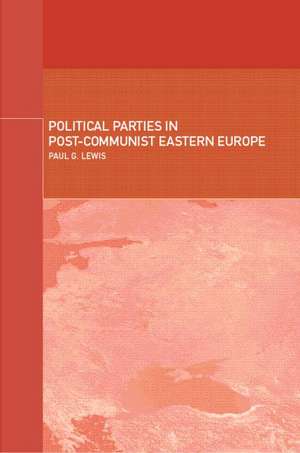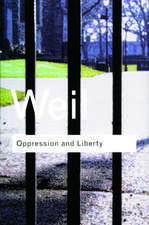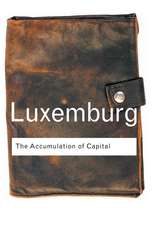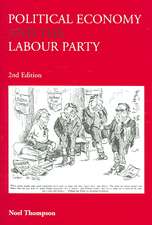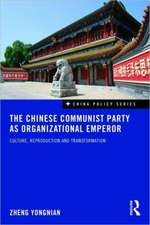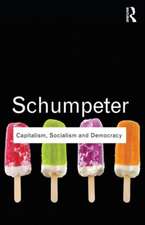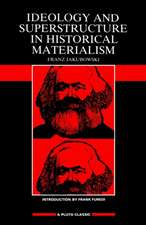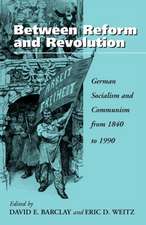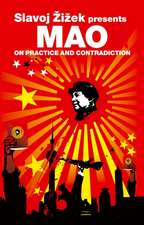Political Parties in Post-Communist Eastern Europe
Autor Paul Lewisen Limba Engleză Paperback – 7 dec 2000
The book includes:
· a brief historical introduction to the context of post-communist change
· the process of competitive party formation and democratic elections
· the development of independent parties; their ideologies, and electoral volatility
· the structure and level of organisation developed by new parties
· an analysis of stable party systems which have emerged in eastern Europe and the contribution they make to emerging democracies in the region
Party Politics in Post-Communist Eastern Europe will be a comprehensive and invaluable resource, accessible to undergraduates of politics and European studies, as well as the non-specialist reader.
| Toate formatele și edițiile | Preț | Express |
|---|---|---|
| Paperback (1) | 295.47 lei 6-8 săpt. | |
| Taylor & Francis – 7 dec 2000 | 295.47 lei 6-8 săpt. | |
| Hardback (1) | 177.73 lei 6-8 săpt. | |
| Taylor & Francis – 7 dec 2000 | 177.73 lei 6-8 săpt. |
Preț: 295.47 lei
Nou
Puncte Express: 443
Preț estimativ în valută:
56.55€ • 59.65$ • 47.26£
56.55€ • 59.65$ • 47.26£
Carte tipărită la comandă
Livrare economică 31 decembrie 24 - 14 ianuarie 25
Preluare comenzi: 021 569.72.76
Specificații
ISBN-13: 9780415201827
ISBN-10: 0415201829
Pagini: 216
Dimensiuni: 156 x 234 x 15 mm
Greutate: 0.34 kg
Ediția:New.
Editura: Taylor & Francis
Colecția Routledge
Locul publicării:Oxford, United Kingdom
ISBN-10: 0415201829
Pagini: 216
Dimensiuni: 156 x 234 x 15 mm
Greutate: 0.34 kg
Ediția:New.
Editura: Taylor & Francis
Colecția Routledge
Locul publicării:Oxford, United Kingdom
Public țintă
Postgraduate and UndergraduateCuprins
List of tables, Preface, 1 Political change in eastern Europe, 2 Party origins and party development, 3 Parties, elections and parliaments, 4 Party organization and institutional development, 5 Party systems and structures of representation, 6 Conclusion: political parties in contemporary eastern Europe, Annex: party profiles, Notes, Bibliography, Index
Descriere
International Relations Theory and the Politics of European Integration focuses on the roles of community, power and security, within the European Union.
